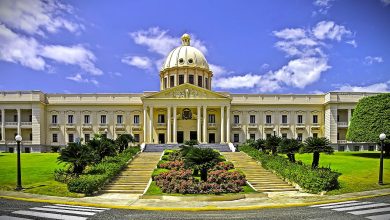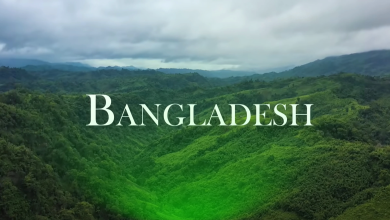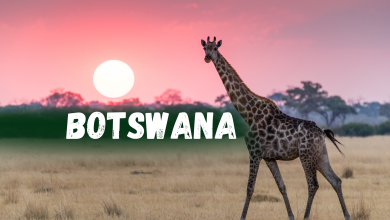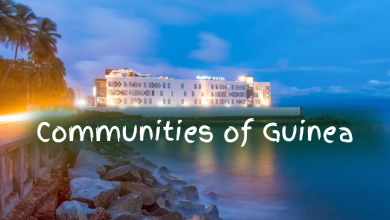Communities of Palestine: A Journey Through Culture and Heritage
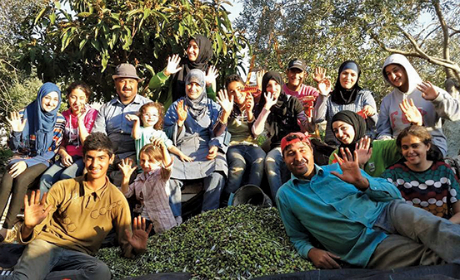
Palestine is a land rich in history and culture. It is home to many different communities. Each community has its own unique traditions and ways of life. This article will explore some of these communities.
Arab Palestinians
The largest community in Palestine is the Arab Palestinians. They speak Arabic and follow Islam. Arab Palestinians have a rich cultural heritage. They celebrate many festivals such as Eid and Ramadan. Traditional foods like hummus and falafel are popular among them.
Christian Palestinians
Christian Palestinians are another important community. They follow Christianity and celebrate Christmas and Easter. Many Christian Palestinians live in cities like Bethlehem. They have beautiful churches and hold festive parades during holidays.

Credit: chicago.suntimes.com
Samaritans
The Samaritans are a small but ancient community. They live in the Nablus area. Samaritans follow their own version of Judaism. They celebrate Passover with unique rituals. Their history dates back over 2,000 years.
Bedouins
Bedouins are nomadic people. They move from place to place with their livestock. Bedouins live mainly in the desert areas. They have a unique way of life, living in tents and raising camels. Bedouins are known for their hospitality and traditional music.

Credit: thelinknewspaper.ca
Armenian Palestinians
Armenian Palestinians have a rich history in Palestine. They live mainly in Jerusalem. They speak Armenian and follow the Armenian Apostolic Church. Armenians are known for their beautiful churches and delicious foods.
Jewish Palestinians
Jewish Palestinians have lived in the region for centuries. They follow Judaism and celebrate festivals like Hanukkah and Passover. Many Jewish Palestinians live in cities like Hebron and Jerusalem.
Learn More About Communities
Palestine is a land of diverse communities. Each community adds to the rich tapestry of Palestinian culture. If you want to learn more, visit www.ccnworlds.com/category/world-community. You will find more information about different communities around the world.
Frequently Asked Questions
What Are The Main Communities In Palestine?
Palestine is home to diverse communities including Arabs, Bedouins, and Druze. Learn more at www. ccnworlds. com/category/world-community.
How Diverse Are The Palestinian Communities?
Palestinian communities are culturally rich and diverse, with unique traditions and lifestyles. Discover more at www. ccnworlds. com/category/world-community.
What Languages Are Spoken In Palestine?
Arabic is the primary language spoken in Palestine. Learn more about linguistic diversity at www. ccnworlds. com/category/world-community.
Are There Religious Communities In Palestine?
Yes, Palestine has Muslim, Christian, and Jewish communities. Learn more at www. ccnworlds. com/category/world-community.
Conclusion
Palestine is a mosaic of different communities. Each community has its own unique culture and traditions. Understanding these communities helps us appreciate the diversity of Palestine. Whether it is the Arab Palestinians, Christian Palestinians, Samaritans, Bedouins, Armenian Palestinians, or Jewish Palestinians, each adds to the rich cultural fabric of the land.
Table of Communities
| Community | Language | Religion | Key Celebrations |
|---|---|---|---|
| Arab Palestinians | Arabic | Islam | Eid, Ramadan |
| Christian Palestinians | Arabic | Christianity | Christmas, Easter |
| Samaritans | Samaritan Hebrew | Samaritanism | Passover |
| Bedouins | Arabic | Islam | Various traditional festivals |
| Armenian Palestinians | Armenian | Armenian Apostolic Church | Christmas, Easter |
| Jewish Palestinians | Hebrew | Judaism | Hanukkah, Passover |
FAQs
- Q: What is the largest community in Palestine?
- A: The largest community is the Arab Palestinians.
- Q: Where do most Christian Palestinians live?
- A: Many live in cities like Bethlehem.
- Q: What is unique about the Bedouins?
- A: Bedouins are nomadic and live in tents.
Understanding the communities of Palestine helps us appreciate their rich culture. Each community, with its own history and traditions, contributes to the vibrant life of Palestine. Learning about these communities is a journey through history and culture.

